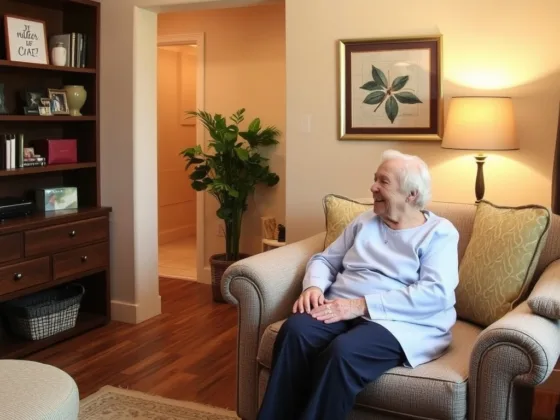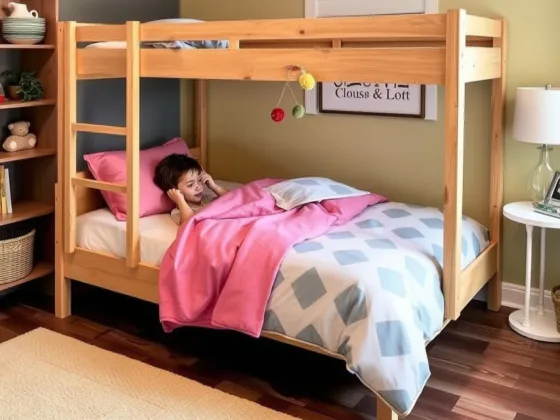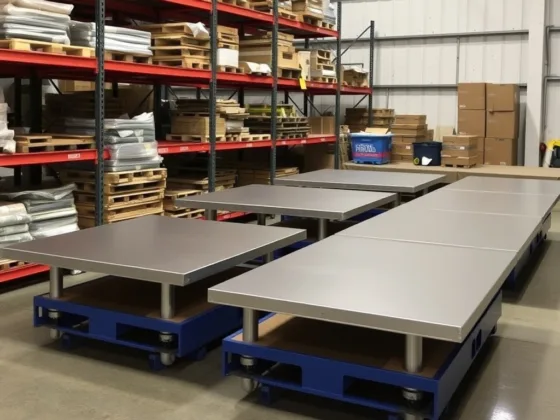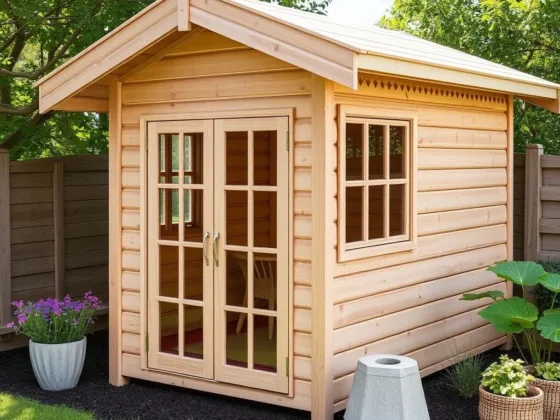Table of Contents Show
Property owners schedule home inspections when selling their home and when planning home improvement projects. Home inspections reveal issues and determine if the property is up to code. When issues are discovered, they can delay a property sale.
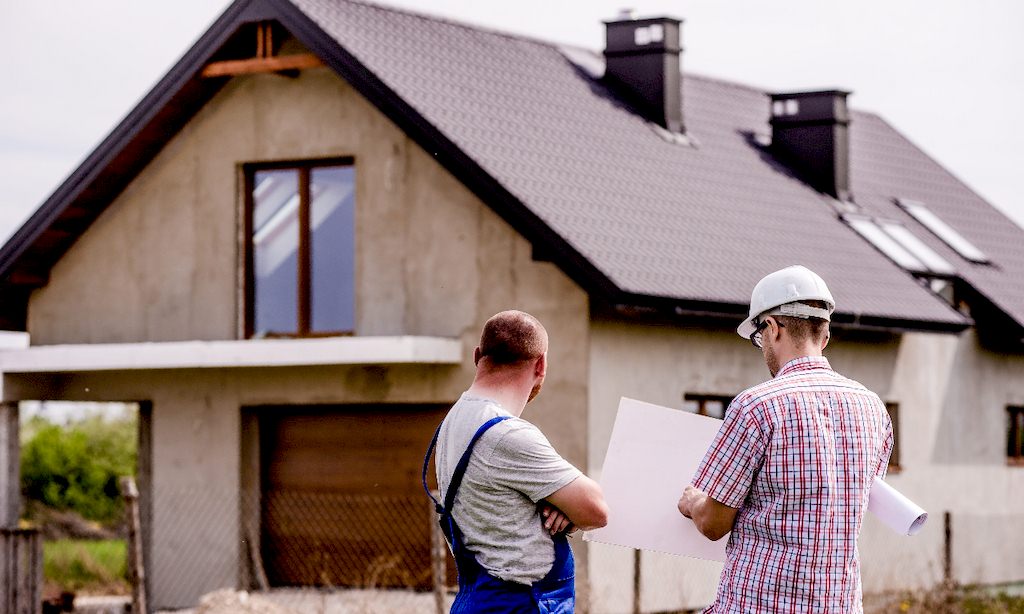
Property owners who are ready to sell or want to improve their home review what they need to know about the 10 common repairs needed after a home inspection.
Read Also:
- Ground Floor vs. Second Floor Extensions: Which Should You Choose?
- One Thing that Helps You Increase Property Value Significantly
- How Much is the Driveway Value into Your Property Valuation?
- 5 Tips for Designing Your Home as Environmentally Friendly
- 5 Smart Ways to Conserve Electricity Around Your Home
- Tips for Repairing the Residential HVAC System
- Things to Consider When Building a New Home
Roofing Damage and Displaced Materials
Roofing damage and displaced materials are the most prevailing issues found during an inspection. Displaced shingles should never be ignored, and homeowners who don’t schedule repairs immediately sustain more damage.
After the inspection, the property owner must order the repairs quickly. When reviewing their options, homeowners can learn more about how to negotiate home inspection repairs now.
Improper Drainage and Dampness
Improper drainage and dampness indicate that the gutters and drainage installations aren’t working properly. Dampness in crawlspaces and the basement might indicate more complex problems, such as mold and foundation issues.
Faulty Electrical Wiring
Faulty electrical wiring increases the risk of electric shock, electrocution, and electrical fires. The contractors trace the origin of the wiring issue before starting repairs.
When assessing wiring issues, the contractors look for a circuit interrupter. If the interrupter wasn’t installed, the owner faces the cost of wiring repairs and the new installation.
Inadequate Insulation Throughout the Home
Inadequate insulation throughout the home is another serious issue. Improper insulation decreases the energy efficiency of the home and increases heating and cooling costs. Inspectors ensure that the home has the correct insulation installed according to standards.
Paper Mache Sewer Piping
Paper mache sewer piping was installed in homes built between 42 and 58. A property that has been in the family for generations may still have the sewer piping.
If it wasn’t discovered previously, the requirements for a home inspection today requires the inspector to check the sewer piping. If the sewer piping wasn’t upgraded, the homeowner faces the cost of the new installation.
Inadequate Ventilation
Inadequate ventilation increases moisture and dampness inside the home. Ventilation is vital in homes in areas with humid climates.
Without proper ventilation, the property stays damp and presents the right conditions for mold to grow and spread throughout the property.
Outdated Fuse Boxes
Outdated fuse boxes must be replaced according to the current electrical standards. The fuse box cannot use the old screw-in fuses as the fuses have proven dangerous. The homeowner must upgrade the fuse boxes to meet current building standards.
HVAC Issues
HVAC issues are also common, and property with HVAC problems might remain on the market longer. Homebuyers want a home that is climate controlled. They don’t want to buy a home that requires them to replace the heating or cooling system early on.
ABS Water Pipes Instead of PVC
Finding ABS water pipes instead of PVC is another problem. ABS water pipes are more likely to crack and break. If there is any existing damage to the ABS pipes, the homeowner will need to replace the water pipes.
Foundation Damage
Foundation damage leads to property shifts and weakened support systems, such as the framing. It is caused by improper drainage and excessive moisture in the basement. Any damage requires immediate repairs.
Property owners schedule home inspections when preparing to sell their homes. Buyers will need an inspection after the owner accepts their offer, and the inspection determines if the homeowner must perform repairs. Reviewing the findings of a preliminary inspection helps property sellers avoid issues that lead to delays in the sale.


